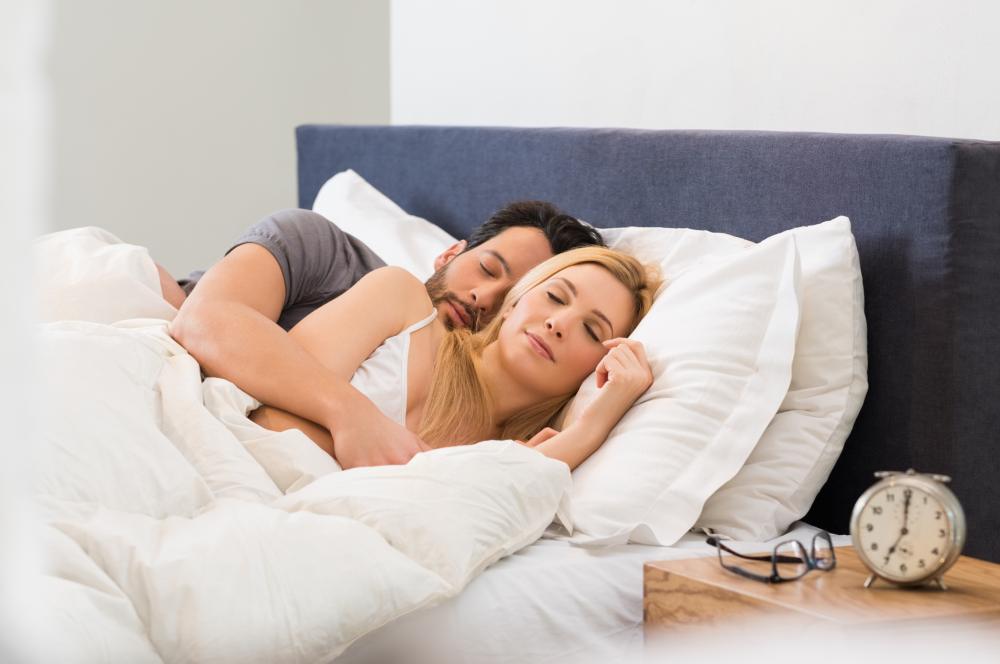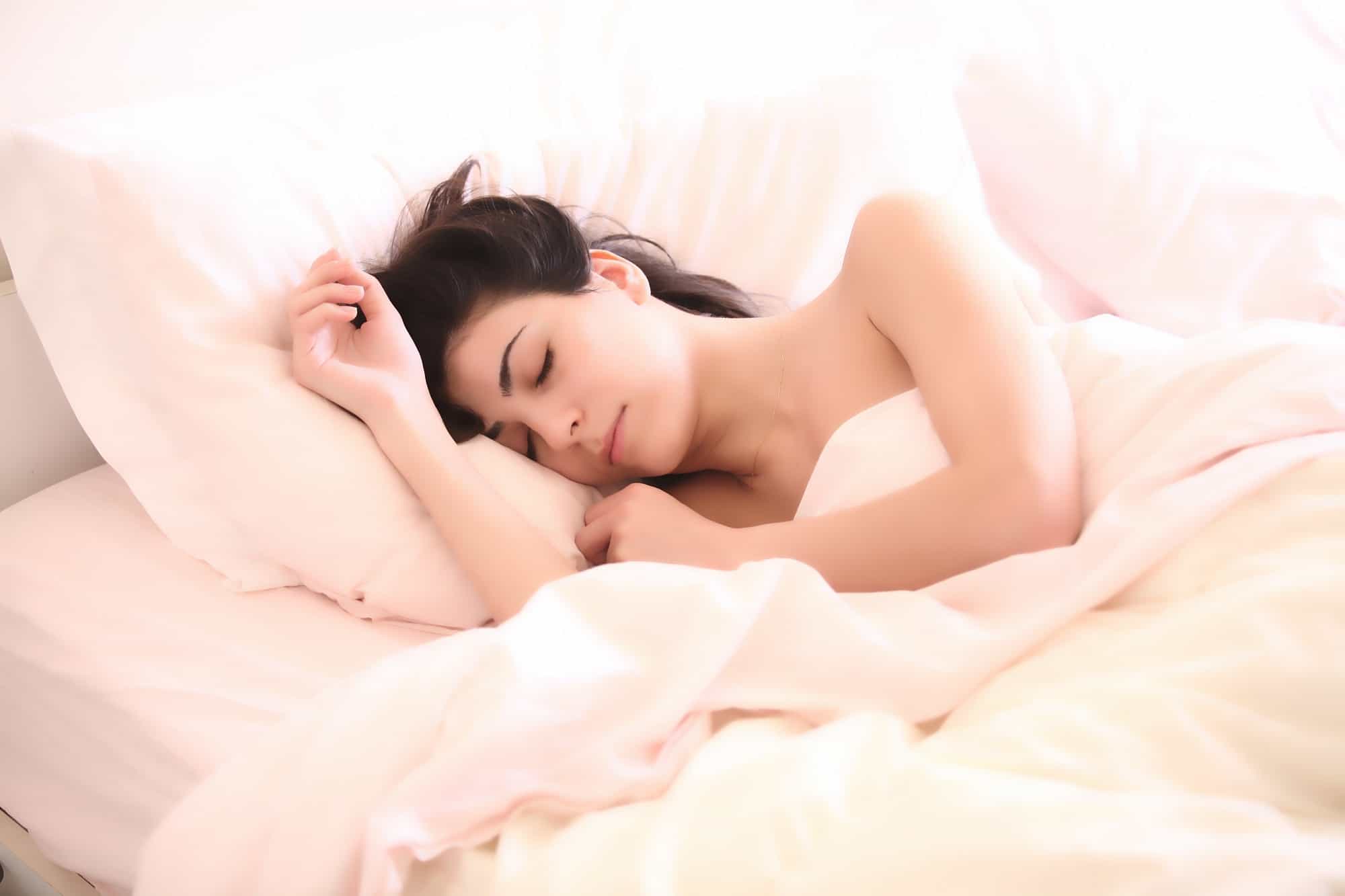Many people are searching for effective ways to improve their sleep and manage anxiety without relying solely on medication. The best natural remedies include solutions like melatonin, magnesium, valerian root, and using lemon balm to reduce anxiety, as well as incorporating mindfulness practices and healthy sleep habits. These approaches are becoming increasingly popular for those who want simple, safe options to support their overall well-being.
By focusing on proven natural methods, individuals may benefit from better sleep quality and more balanced moods. Exploring what works can help anyone discover the most suitable natural remedies that align with their lifestyle and needs.
Key Takeaways
-
- Key natural remedies address both sleep and anxiety concerns.
- Solutions like lemon balm are popular for anxiety relief.
- Combining remedies and good habits may support overall wellness.
Core Natural Remedies for Sleep and Anxiety
Natural approaches address both sleep problems and anxiety by targeting relaxation and underlying biochemical factors. Evidence-based options include specific herbs, essential nutrients, and sensory therapies known to support sleep quality and calmness.
Herbal Supplements for Relaxation
Herbal remedies such as chamomile, valerian root, and passionflower are widely recognized for their calming properties. Chamomile tea is commonly used to reduce stress and gently support sleep, especially in people with mild insomnia. Valerian root interacts with GABA receptors in the brain, inducing relaxation without lingering morning drowsiness.
Passionflower may enhance serotonin and GABA activity, helping ease anxiety and promote restful sleep. Lemon balm is often blended with other herbs to modulate mood and reduce nervous tension. Some people use lavendar to address anxiety and sleep issues, although scientific evidence varies. These supplements come in various forms, such as teas, capsules, and tinctures.
Nutritional and Mineral Approaches
Certain nutrients and minerals contribute directly to relaxation and improved sleep quality. Magnesium stands out for its ability to stabilize the nervous system and help with falling asleep. People with magnesium deficiency often experience restless nights and heightened anxiety.
Melatonin is a hormone involved in sleep-wake cycles. Supplemental melatonin may help those with insomnia or irregular sleep patterns, such as shift workers or travelers. GABA (gamma-aminobutyric acid) is another compound sometimes used as a supplement. It acts as an inhibitory neurotransmitter, promoting calmness, though oral GABA’s effectiveness is debated. A diet with adequate B vitamins and omega-3 fatty acids can also support brain health and mood. These nutrients help regulate serotonin and other neurotransmitters tied to both anxiety and restful sleep. Consistency in nutrition is important for ongoing benefits.
Aromatherapy and Calming Techniques
Aromatherapy with essential oils like lavender and lemon balm is commonly used to aid sleep and alleviate anxiety symptoms. Lavender oil, in particular, has scientific backing for shortening the time it takes to fall asleep and improving sleep quality for people with mild insomnia.
Diffusing essential oils or applying them to the skin (with proper dilution) can create a relaxing environment. Incorporating a weighted blanket may also boost relaxation by providing gentle, even pressure, which can help decrease anxiety. Other calming techniques include deep breathing exercises, light stretching, and creating a dark, quiet sleeping space. When combined with aromatherapy, these approaches can foster a sense of security and trigger the body’s natural relaxation responses.
How Natural Remedies Influence Sleep and Anxiety
Various natural remedies support sleep quality and anxiety reduction by targeting specific biological pathways. These effects are often mediated by changes in hormone levels, neurotransmitter balance, and interactions between the gut and the brain.
Comfortable clothing can also play a significant role in improving sleep and managing anxiety. Wearing soft, breathable fabrics like cotton helps regulate body temperature and promotes relaxation. Choosing the right sleepwear, such as loose-fitting garments, can reduce discomfort and allow for better rest. For example, Q for Quinn 100% cotton underwear offers a natural and gentle option, allowing for a calm, peaceful night’s sleep while ensuring comfort throughout the night. The right clothing can create an optimal sleep environment, reducing stress and supporting overall well-being.
Role of Hormones and Neurotransmitters
Natural remedies can influence key hormones and neurotransmitters involved in the sleep-wake cycle. Melatonin is one hormone central to sleep onset and maintenance. Herbal supplements such as valerian root and chamomile are believed to mildly boost gamma-aminobutyric acid (GABA) activity, which reduces anxiety symptoms and promotes relaxation.
L-theanine, found in green tea, can help calm brain activity without causing daytime drowsiness. It works by increasing GABA, serotonin, and dopamine levels, which play important roles in stress management and mental health. Tryptophan, an amino acid found in foods like turkey and dairy, is a precursor to serotonin, crucial for regulating both mood and sleep patterns. Sleep latency, or the time taken to fall asleep, often improves when neurotransmitter activity is balanced. These natural interventions may reduce symptoms of anxiety disorders by lowering cortisol levels and promoting restful sleep.
Conclusion
A variety of natural remedies can support better sleep and help relieve anxiety. The most researched options include herbs such as valerian root, chamomile, and ashwagandha, as well as supplements like melatonin, magnesium, and L-theanine. Lifestyle changes—such as limiting caffeine, creating a calming bedtime routine, and practicing mindfulness—are also useful strategies. These approaches often work best when tailored to individual needs and preferences.
Consulting with a healthcare provider is recommended before starting any new supplement, especially for those taking other medications or managing ongoing health conditions. Reliable evidence supports the cautious use of these natural methods as part of a broader plan for health and well-being.
Want to learn more tips and tricks for feeling in control of your own life?
Snag a free workbook and get inspiration on all the ways to love your life even more.
>>Click Here to Discover Additional Articles on Strategies to Get Your Life on Track <<









